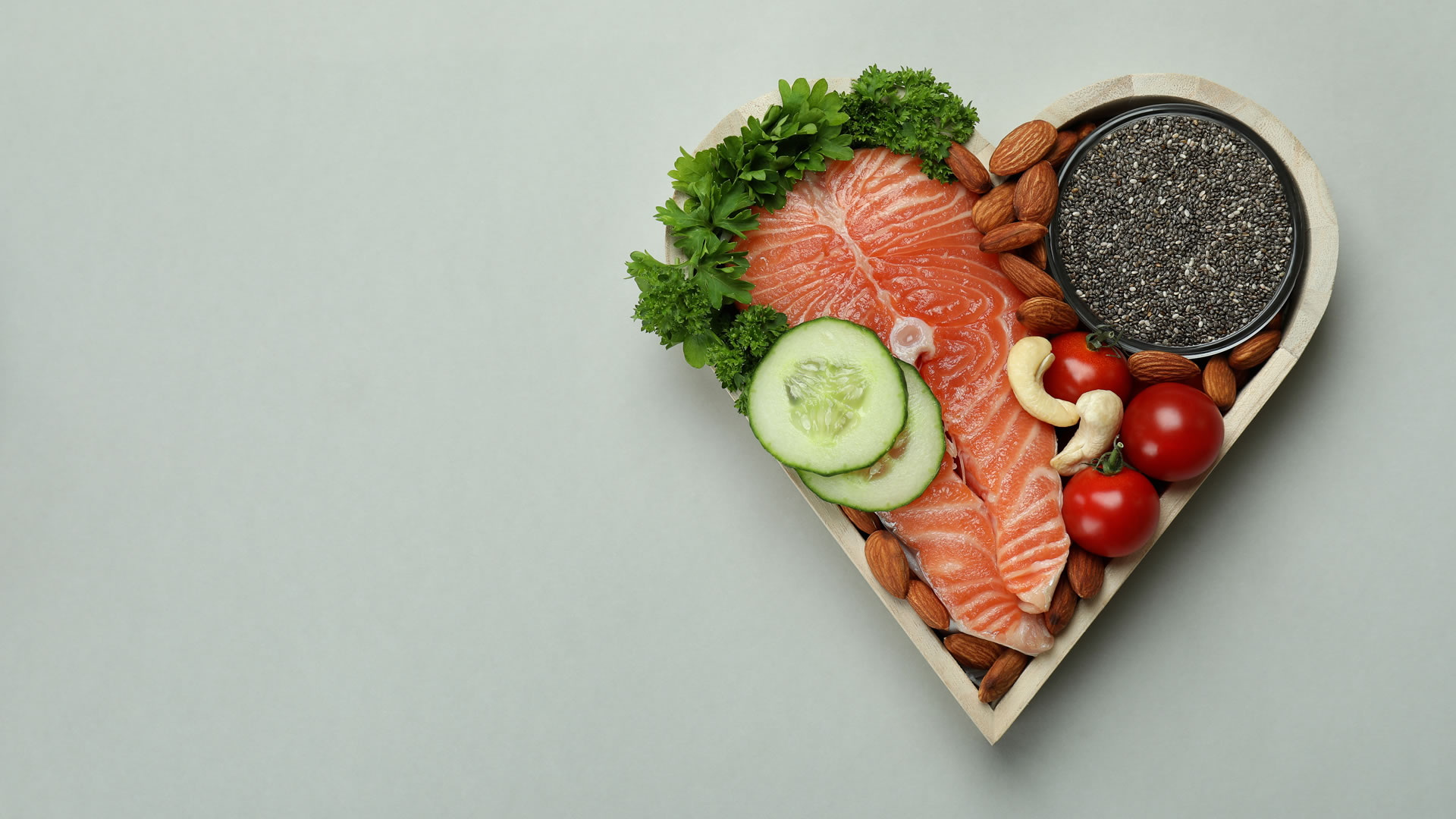Blood cancer, encompassing leukaemia, lymphoma, and myeloma, disrupts the production and function of blood cells, often originating in the bone marrow or lymphatic system. While medical treatments like chemotherapy and immunotherapy remain central to management, emerging research highlights nutrition’s role in prevention and risk reduction. In this article, we will explore how dietary choices may influence blood cancer risk and identify foods to prioritise or avoid.
What Is Blood Cancer?
Blood cancers occur when genetic mutations cause abnormal growth of blood cells, impairing their ability to fight infections or carry oxygen. The three primary types include:
- Leukaemia: Affects white blood cells, often developing rapidly (acute) or slowly (chronic).
- Lymphoma: Targets lymphocytes in the lymphatic system, with subtypes like Hodgkin and non-Hodgkin lymphoma.
- Myeloma: Impacts plasma cells, weakening bones and immunity.
These cancers are influenced by genetic, environmental, and lifestyle factors. While not all cases are preventable, evidence suggests diet plays a significant role in modulating risk.
Can Nutrition Help Prevent Blood Cancer?
Studies estimate that 30–40% of cancers may be preventable through diet, physical activity, and weight management. Key dietary strategies for blood cancer prevention include:
Antioxidant-Rich Foods
Antioxidants neutralise free radicals, which damage DNA and promote cancer. Prioritise:
- Cruciferous vegetables: Broccoli, Brussels sprouts, and kale contain sulforaphane, a compound shown to inhibit cancer cell growth.
- Berries: Blueberries and strawberries are rich in anthocyanins, which reduce oxidative stress.
- Allium vegetables: Garlic and onions contain organosulfur compounds linked to reduced lymphoma and leukaemia risk.
Omega-3 Fatty Acids
A balanced omega-3 to omega-6 ratio (ideally 1:4) reduces inflammation, a driver of cancer. Sources include:
- Fatty fish (salmon, mackerel).
- Flaxseeds and walnuts.
Fibre and Whole Grains
High-fibre diets support gut health and reduce inflammation. Aim for 25–30g daily via:
- Legumes (lentils, chickpeas).
- Whole grains (oats, quinoa).
Protective Nutrients
- Selenium: Found in Brazil nuts and seafood, it enhances DNA repair.
- Vitamin D: Low levels correlate with higher lymphoma risk. Sources: sunlight, fatty fish, fortified foods.
- Folate: Abundant in leafy greens, it supports healthy cell division.
Plant-Based Diets
Diets rich in fruits, vegetables, and legumes are associated with lower cancer risk. A 2023 review noted a 20–30% risk reduction for hematologic cancers among those consuming ≥5 servings of produce daily.
Foods and Nutrients to Limit
Certain dietary patterns may elevate blood cancer risk:
- Processed and Red Meats: Linked to DNA damage due to nitrates and heterocyclic amines. Limit intake to <510 grams weekly.
- Refined Sugars and Carbohydrates: High-glycemic diets spike insulin, promoting inflammation and cell proliferation.
- Alcohol: Excessive consumption increases oxidative stress. The British Cancer Society recommends that people limit their alcohol intake to 14 units per week or less. This applies to both men and women.
- Trans Fats: Found in fried and packaged foods, they promote chronic inflammation.
Practical Dietary Guidelines
- Prioritise Whole Foods: Build meals around vegetables, fruits, lean proteins, and whole grains.
- Cook Smart: Use baking, steaming, or sautéing instead of frying. Incorporate herbs (turmeric, ginger) for anti-inflammatory benefits.
- Stay Hydrated: Water aids detoxification and nutrient transport.
- Maintain a Healthy Weight: Obesity increases inflammation and insulin resistance, raising blood cancer risk.
The Limits of Nutrition
While diet plays a preventive role, it cannot eliminate genetic or environmental risks. Blood cancers are complex, and nutrition should complement, not replace, regular screenings and medical advice.
Conclusion
Though no diet guarantees immunity from blood cancer, evidence underscores that nutrient-dense, plant-focused eating patterns can significantly reduce risk. By emphasising antioxidant-rich foods, omega-3s, and fibre, while limiting processed meats and sugars, individuals empower their bodies to combat carcinogenic processes. Pair these choices with regular exercise and weight management for a holistic approach to prevention. As research evolves, the adage “food is medicine” grows ever more relevant in the fight against cancer.



